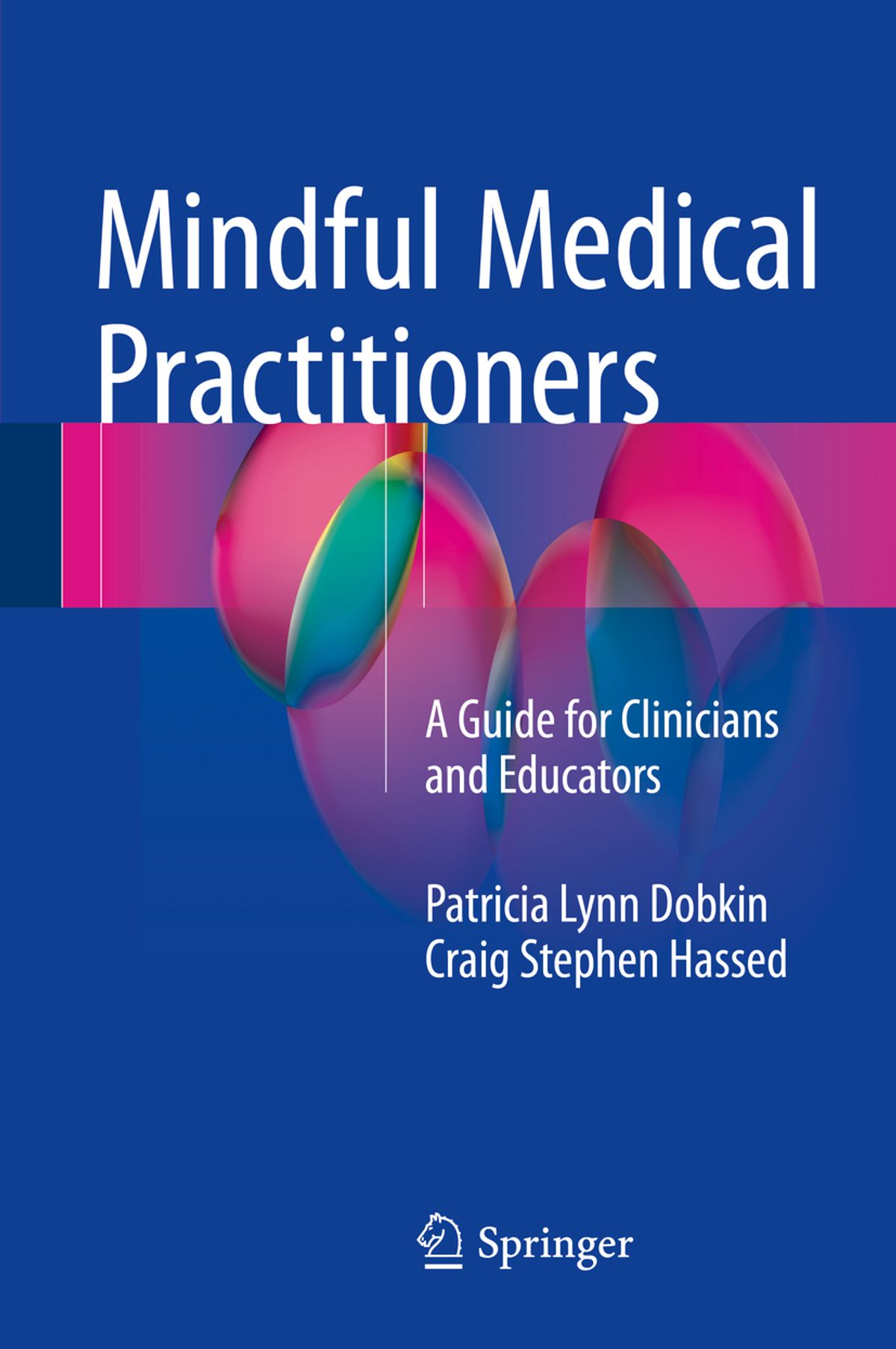

Being Present - be aware of and engaged in the moment.Epstein: you’re an expert, but recognize there may be another way to look at this, i.e., take multiple perspectives.


Epstein describes mindfulness as “the moment-to-moment purposeful attentiveness, to your physical and mental processes during everyday work.” The goal? “Practising with clarity and compassion,” he says. “It’s about paying attention to what’s actually happening.”īy their nature, minds are active. “Mindfulness has nothing to do with emptying your mind, or achieving a state of calm,” says Dr. Start by dispelling the notion that mindfulness is about sitting in a quiet room, meditating to find bliss. Don’t empty your mind - pay attention to it
#MINDFUL MEDICAL HOW TO#
Epstein talked to Dialogue about what defines mindfulness, why it matters for doctors, and how to begin practising mindfully. He’s among the foremost experts in mindful medical practice, an advocate for improving doctor-patient communications, and a Professor of Family Medicine, Psychiatry & Oncology at the University of Rochester Medical Center. Epstein has spent much of his career researching patient-centred care. But mentally, he says, you might be in a whole different place - distracted, thinking but not feeling, and perhaps not in the mindset to fully serve your patient.ĭr. When you walk into an exam room, are you really there? Not necessarily, says Dr. And the necessary, but habitual parts of the job, can put our brains on auto-pilot. Doctors need to focus, but may not always on what matters most. He says it captures some realities of medical practice. Ronald Epstein included that tidbit in his book, Attending: Medicine, Mindfulness and Humanity. “Quiet,” the doctor said, “I can’t hear you when I’m listening.”ĭr. A primary care internist once described a time when he was in the midst of listening to a patient’s heart with his stethoscope.


 0 kommentar(er)
0 kommentar(er)
